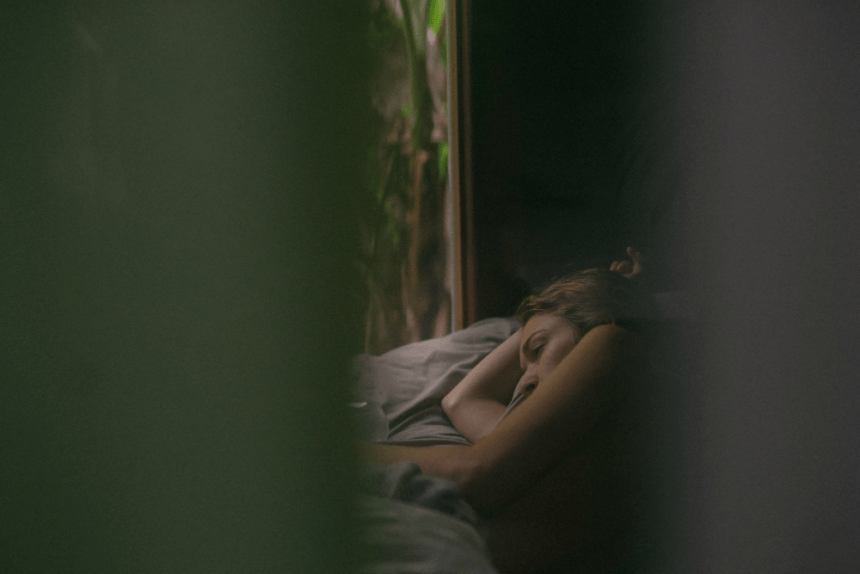Sleep Coach Cheryl Fingleson wants everyone to get a good night’s rest – so make sure you don’t commit any of these sleep sins
1. Watching TV late at night
Most of us watch far too much television in the evening, and streaming apps like Netflix encourage us to keep on watching and skip our bedtime thanks to that nifty auto-play feature. But overstimulating our brains and staying awake to watch just one more episode has a negative knock on effect to sleep time.
2. Confusing your body clock
A fixed bed-time isn’t just for kids. Ensuring you go to sleep at the same time every night is a first essential step towards making sure your sleep routine is stable and effective. Our bodies like healthy and predictable habits. Waking up at the same time each day is the second step.
3. Falling asleep before going to bed
If you’re nodding off on the sofa or falling asleep on the bus home, then you’re not getting enough sleep. Make healthy sleeping a priority and your body and mind will work better.
4. Having long naps
Many people find a 10 minute power nap is helpful, but anything longer than that will interrupt your night-time sleep patterns or is a sign you’re not getting enough sleep during the night. You’ll also end up feeling groggier than if you hadn’t napped – especially with late afternoon snoozes.
5. Staying in bed when you can’t sleep
The psychological torture of not being able to get to sleep can be unbearable. If you’ve been trying to get back to sleep for longer than 20 to 30 minutes, it’s often better to get up and do something that occupies your brain without over-stimulating it, such as a jigsaw or reading a (not too exciting) book. Or simply, go to the bathroom, have a sip or two of water and then return to bed – this simple reset is often all that’s needed.
6. Exercising late
If you’re an evening exerciser then consider what impact this is having on your ability to wind down and fall asleep afterwards. Some people find a late night adrenaline spike can make getting to sleep more difficult.
7. Drinking caffeinated drinks
If you’re drinking anything containing caffeine after midday, your sleep could be affected. Caffeine stays in our system for 12 hours and even if you swear it makes no difference, your sleep cycles will be interrupted during both the REM and non-REM stages.
8. Having a nightcap
Alcohol late at night might make you feel initially sleepy but it also reduces REM sleep which will lead to daytime exhaustion. Even a before bed cup of herbal tea can lead to a middle-of-the-night wake up when you need the toilet, so instead, keep a glass of water by your bed in case you’re thirsty in the night but try not to drink too much – or any alcohol – before bedtime.
9. Having a late night sugar feast
Eating sugary food or sugar packed carbohydrates late at night can play havoc with hormone regulation meaning you wake continually throughout the night or find it difficult to get to sleep. Go for a protein based snack before bed if you’re really hungry.
10. Using technology before bed
The blue light emitted from screens leads to the reduction in melatonin production, meaning our bodies finds it harder to sleep. Even if you use a blue screen filter, screens still produce light which affects our bodies natural response to drowsiness and ability to wind down for sleep.
11. Worrying
Stress is one of the main reasons people report finding getting to sleep or staying asleep difficult. When we stress out about something, our bodies release sleep blocking hormones. Consider writing a list earlier in the evening and working through your concerns before hitting the hay. Try meditation before bed to calm your mind.
12. Paying off a sleep debt at the weekend
Trying to balance out a week’s worth of bad or shortened nights of sleep with a big lie in at the weekend doesn’t help your body balance its rest needs. Focus on making sure you rebalance and get the sleep you need seven days a week.
13. Sleeping with pets or children
The majority of pet owners who share a bed with their furry friends report poor sleep quality. The same goes for having children in your bed. Kick them out!
14. Pressing the snooze button
Don’t press it – don’t use it! Getting that extra 10 minutes of snooze time won’t make you feel more rested. In fact, research shows interrupted sleep makes us more tired.
15. Too much light
If your sleeping area isn’t dark, your body might not get the signal that it’s time to sleep. Your pineal gland’s production of sleep hormones will even get disrupted by a thin shard of light. Having a more general night-time electronic sunset will also help with melatonin production so dim all the lights in your home in the hour or so before bedtime.














